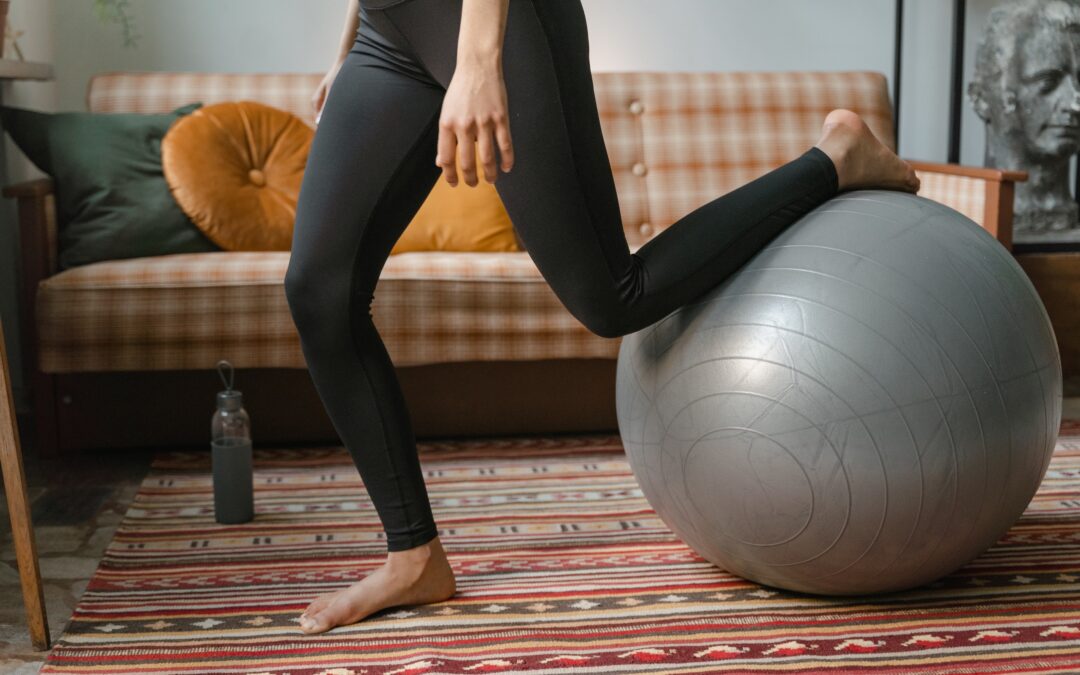This month’s question comes from Simon:
Hi Kate,
Life and work end up being so busy that I just can’t seem to be able to keep up my wellbeing goals over the long-term. Then I feel completely defeated and resort back to my old ways. I want to make some improvements as I recognise my health and wellbeing are important. Is there anything you can suggest?
My Answer:
This is such a common problem and one that comes up with most of my clients. The reason is actually quite simple … The majority of people, when trying to make healthy improvements, go to extremes and completely overestimate what they’re capable of doing around their busy lifestyle.
I believe the main reason for this is because the idea of a big lofty goal is far more compelling – it gets you fired up and motivated to ‘go all in’. Plus, most advice in the health and wellbeing space is selling you quick fixes and extreme results, which warps your perspective on what you ‘should’ be doing.
But this approach sets you up for an all-or-nothing, binge/ restrict type of cycle that goes like this:
- You start off feeling bad about your ‘unhealthy’ ways.
- Then you get to a point where you decide enough is enough, now it’s time to make a big change.
- So, you decide to start a new regime: an intense exercise method, a restrictive diet or fast, a daily mindfulness practice etc.
- In the short term, you may get the results you think you want, and you’ll feel great because you’re back in control. But then life gets in the way, or the plan simply isn’t something you can realistically maintain.
- Then you go right back to where you were before you started, or sometimes you’re even worse off.
Here starts the cycle again of boom or bust … all or nothing. When I help my clients create new healthy habits, we start off small and gradually build on the intensity. The new regime must be realistic because it’s consistency that yields long-term results.
In the beginning, we are testing things out to see if the new regime is doable. Oftentimes, elements need tweaking until we get it just right. Initially, smaller goals feel uninspiring because people think they need to be doing something drastic to make a real difference. But with a bit of trust in my advice and patience in the process, they start to feel and see results. Clients also say how they feel a sense of relief that they don’t actually have to commit to something so drastic!
It’s key to make your goals S.M.A.R.T – specific, measurable, achievable, realistic and timed.
The main point I’m driving home in this blog post is to make things ‘achievable’ and ‘realistic’, which usually means doing less than you think you should be doing! However, the other elements are just as important when you’re building a new habit. You want to be very specific about what you’re doing, when you’re going to do it, and for how long.
I get my clients to add their new routines in their schedule, so they know exactly what they’re supposed to be doing and when. They test it out for a few weeks to see if it works: We’re looking at whether they enjoy what they’re doing, does it fit in with their lifestyle, and whether they can keep it up with relative ease. If not, that’s fine. We evaluate what isn’t working, make some changes and try again until we get it right.
You’ll be surprised at how much progress you can make with smaller goals that are done consistently. Whether that’s exercise, meditation, healthy eating or anything for that matter. Less is often far more than we think!
If, like Simon, you’re frustrated that you can’t achieve your wellbeing goals and you want some help with your nutrition, levels of exercise, sleep patterns or anything else you’re struggling to start or maintain … click here or email info@katehorwood.com to schedule a consultation.
Kate x


